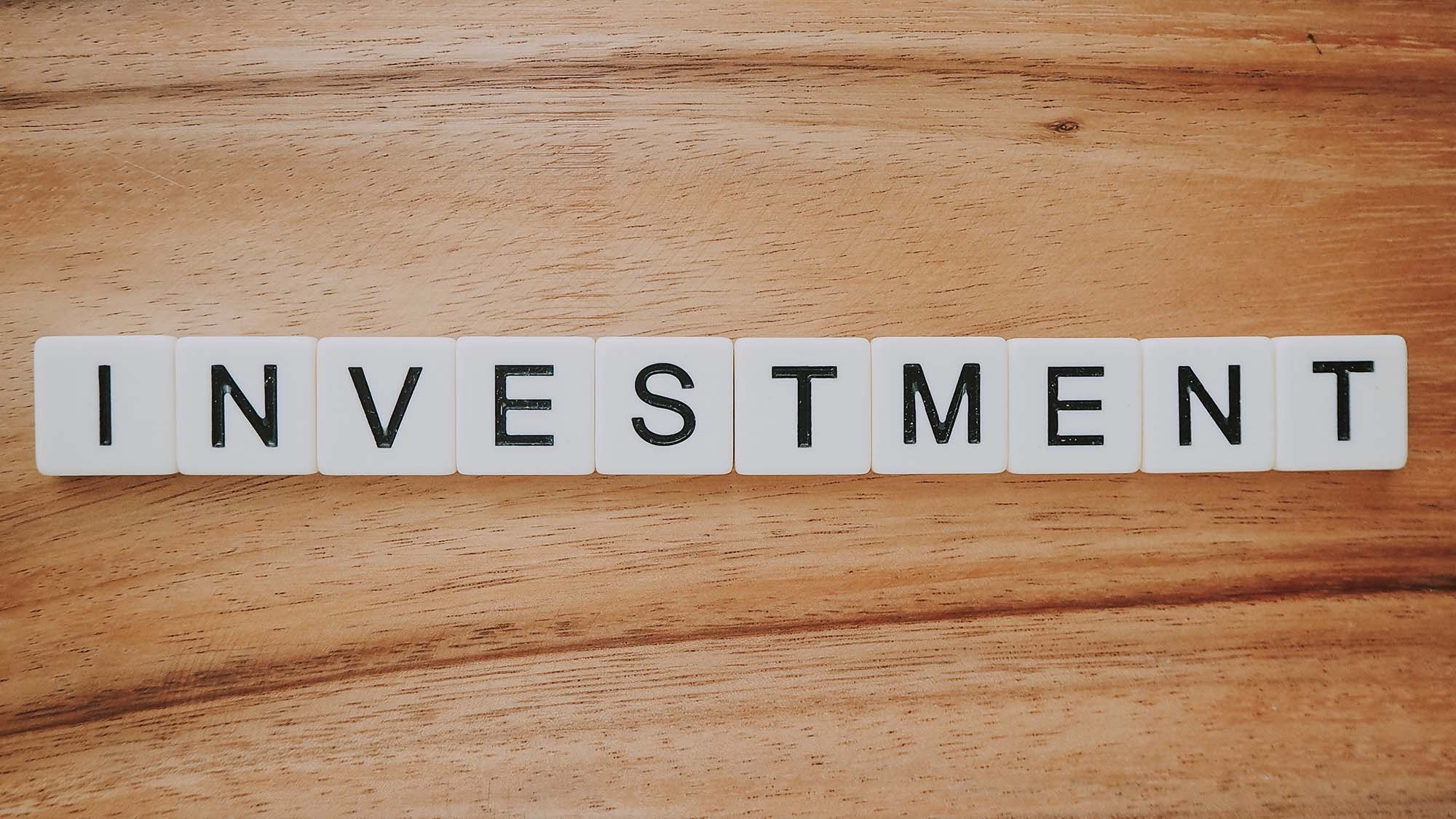
Stock market gyrations have made the property sector an attractive destination for investors. Investing in property is a significant financial decision, but it has produced substantial wealth for thousands of Australians who’ve taken the plunge.
While rents can dip periodically, a good investment property will provide a steady revenue flow and can double in capital value over a seven to 10-year period in most areas of Australia.
Couple these facets with the tax benefits that may be on offer, and you have a compelling case to grow your personal wealth through property investment and, at the same time, contribute to the vital service of supplying rental accommodation.
Like any investment, there’s always an element of risk, and so you should not go into such a venture without doing your homework and obtaining professional financial advice.
Unlike shares, you are going to need a 20% deposit for a loan on an investment property.
It’s also a good idea to have a financial cushion for those times where your property may be empty. Sometimes, you’ll need a little more cash on hand for strata costs for units or to fund a shared pool of money for building maintenance.
Also, you must be comfortable with the role of being a landlord and the work that it entails. A key to success is the use of a professional property service manager to take on the workload of handling tenant issues and maintenance problems. With this assistance, your experience as a property investor will be easier and more enjoyable.
These are all critical factors that you should discuss with your financial adviser and should be part of your calculations when determining your investment strategy. As your agent, we can guide you on the issues you might face and the questions to ask your adviser.
Here’s how you should choose an investment property:
1. Aim for capital growth – This is the most common goal of property investment. Buy wisely, not emotionally. Do your homework on the local area and the prices attained by properties similar to your selection in the previous six months. Research is widely available. Our agency will help you, as will your lender, mortgage broker and insurer. All this will give you confidence in how to either bid at auction or negotiate by private treaty.
2. Do your sums – While there are tax advantages, known as negative gearing, to owning an investment property, you should never purchase on the basis that you’ll get a tax rebate. Instead, you must weigh up two fundamental equations: the price of the property and its likely capital gain over, say, a five and 10-year period; and the value of rent against your required loan repayments. Consult a professional financial adviser or accountants as they’ll have extensive experience in this area.
3. Select your area carefully – You need to know the benefits of the immediate area to prospective tenants. Those close to city centres, trendy streets, local schools and universities are always popular and usually achieve higher rents. Conversely, poor access to public transport, positions on noisy streets or under flight paths can put off potential tenants and adversely affect rent levels.
4. Decide on the type of property – Capital growth varies depending on what you buy. Houses perform best because they have land but are usually more expensive. Units can be easier to maintain but will come with the overhead of strata costs.
5. Consider the local rental market – If your property is near a university, then a house with a good number of bedrooms is going to be popular with students. Conversely, singles and couples will gather near and within the CBD or in beach suburbs, so one- and two-bedroom units move quickly. The key is to understand whether you’re buying a property that is suitable for rent in its area. We can advise you on this element of selection.
6. Check the fundamentals of your property – You don’t want to be replacing stove-tops, ovens, water heaters. So, try to pick a property that’s in good condition and appears easy to maintain. It’s a good idea to ask a builder and even one of our property managers for their opinion. The cost of fixing any problems is tax deduction against the rent received.
7. Spend a little to attract tenants – In most cases, you’ll need a small amount of cash to re-paint to make the property. You may consider replacing carpets, or flooring in the kitchen and even update the bathroom vanity. These improvements help find a tenant quickly. Remember, every week your property stands empty, you lose hundreds of dollars in rent. So, this is a solid investment.
